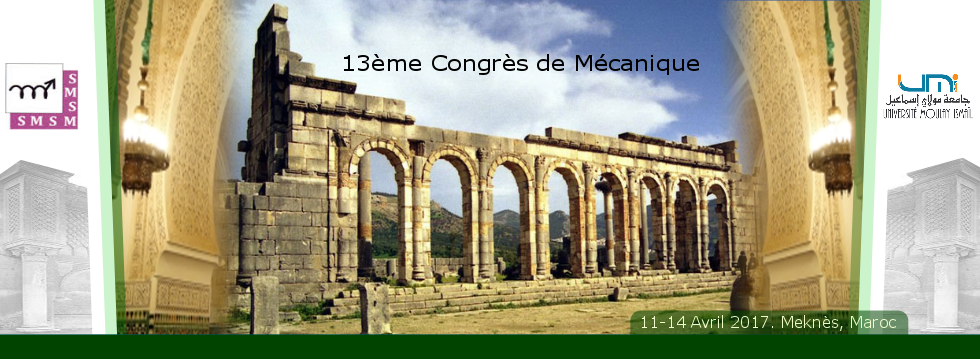The Mechanical Vapor Compression (MVC) desalination technology offers an interesting alternative for small-scale desalination of seawater to produce high quality distilled water with competitive cost. This paper presents an economical and thermal study of single-effect mechanical vapor compression unit. The aim of this work is to define, the parameters influencing on the behavior of the desalination unit, to develop a knowledge base on the total cost of pure water in different range of operation. The proposed approach is based on MVC components and cost models. The results demonstrate the influence of the MVC unit capacity and temperature difference between condensing vapor and boiling brine ΔT on the total cost of clean water. A high ΔT value reduces the cost of heat transfer area, but simultaneously increases the cost of electric consumption. This study confirms that the MVC desalination cost heavily dependent on operating parameters. A good control of these parameters can significantly reduce the total cost of pure water.



